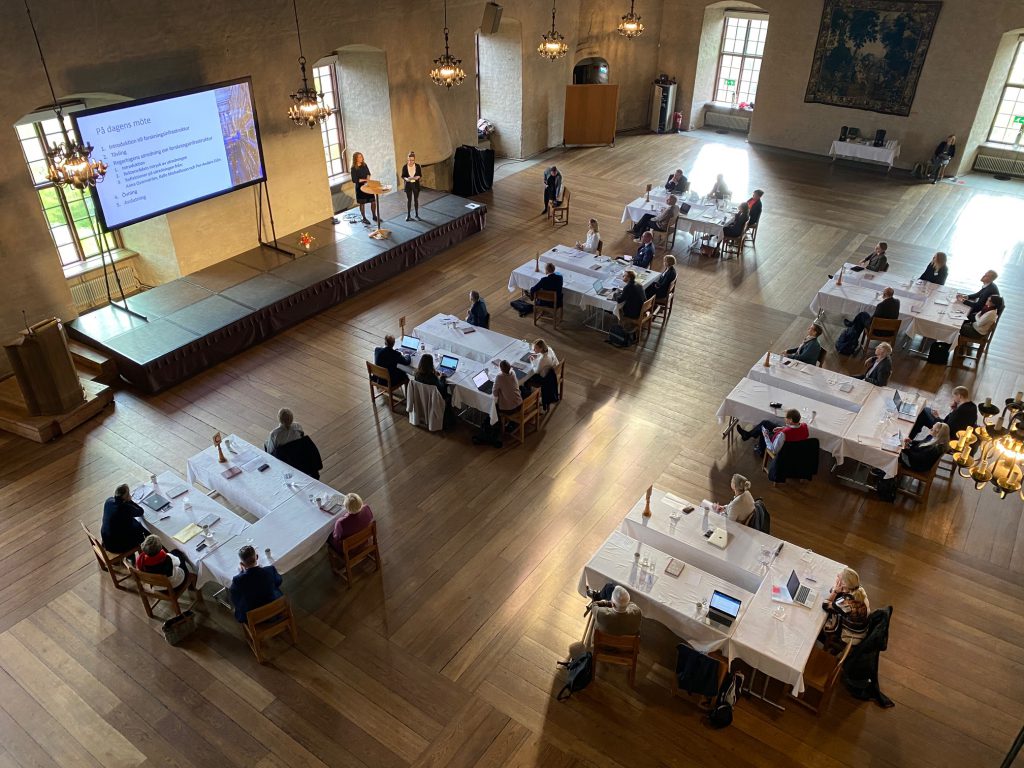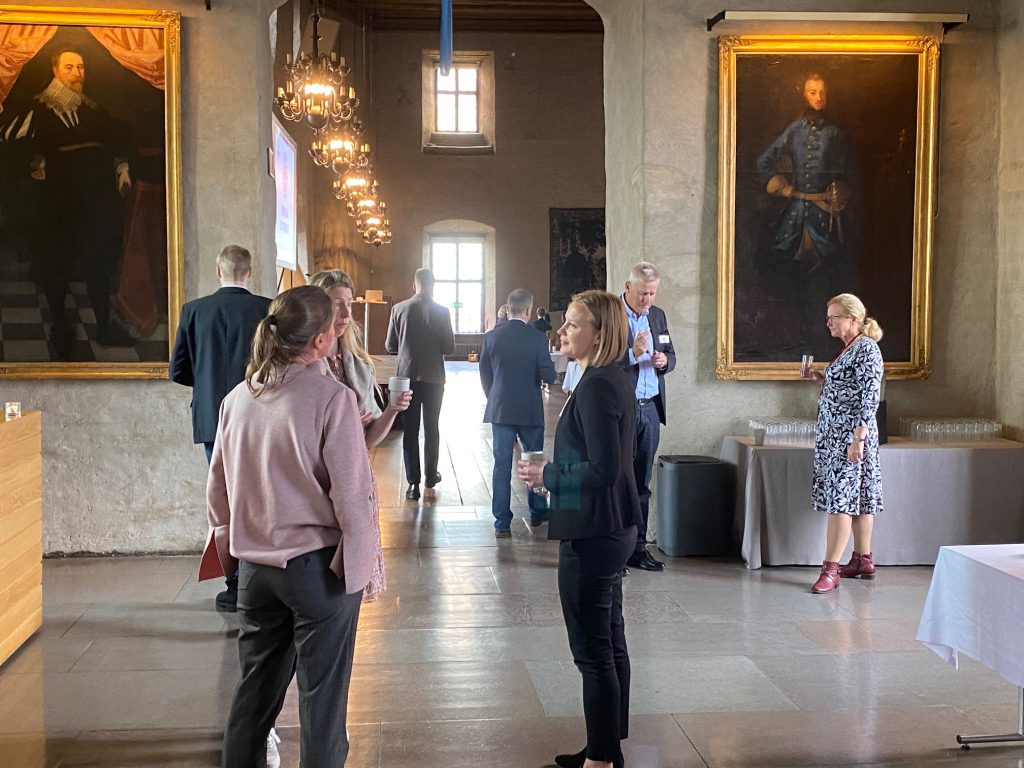The autumn deans’ away days at home on Thursday to Friday were a welcome physical meeting. We had fewer participants than usual this time and used spacious rooms in the Castle. Meeting in real life and letting the conversation flow in the room was invigorating and sparked new ideas in a way that is difficult to achieve digitally.

We started off with an absorbing debate about leadership during the coronavirus crisis. The balance between collegial management and line management changes in crisis situations, which affects the role of leader. Some participants were keen to have clear messages and more decisions from the top, while others thought that the decisions allowed welcome scope for adaptation to the local circumstances in each part of the organisation. There are many lessons to be learned. In a crisis, there may be good reason to deviate from normal procedures and take quick decisions, but it is important to be able to return to previous principles when the urgent danger is past and to find a way to restore functional normalcy. The pandemic started suddenly and as a crisis but has now moved into a more chronic state, and we need to find sustainable models that can work as long as the pandemic continues.
At present, the solutions vary somewhat between different parts of the University. Some differences are well-motivated, but perhaps not all. Those who feel the inconsistencies most are our students. We are receiving clear signals from them that coordination needs to improve. Certain programmes have all students on campus, others none.
This autumn, it is essential for everyone to focus on the established priorities: it is particularly important that teaching for first-year students, students with special needs, practical tasks and exams can be scheduled on campus to a sufficient extent. Our focus must be on the quality of our activities, and meeting physically in seminar rooms and laboratories is inspiring and enhances the quality of education for our students.
Our message is:
- This is going to take a long time – keep going, stay strong and remain alert.
- Act swiftly and resolutely when infection is discovered.
- Help one another so that everyone manages to give campus-based education to the prioritised groups and components (as set out in the Vice-Chancellor’s decision):
- Courses for new students and the first semester of educational programmes.
- Students for whom special educational support has been approved.
- Practical tasks that cannot be performed digitally.
- Examinations that are difficult to carry out digitally.
- Final exams and mandatory components in the final year of educational programmes.

We also found time for other issues during the away days, such as implementation of the University’s Mission, Goals and Strategies document, the upcoming HEI audit of our quality assurance procedures and – not least – an overview of what’s going on in the students’ unions and disciplinary domains. Listening to one another and drawing inspiration from one another is an important part of finding new ways to make the most of the entire breadth of our comprehensive University.
Finally, we had a productive session on the ongoing inquiry on research infrastructure. This session included two entertaining features: we had to react to radical scenarios to test the positions we take and we took part in a photo competition “Guess which infrastructure”. Vice-Rector Mats Larhed won the competition – congratulations!
